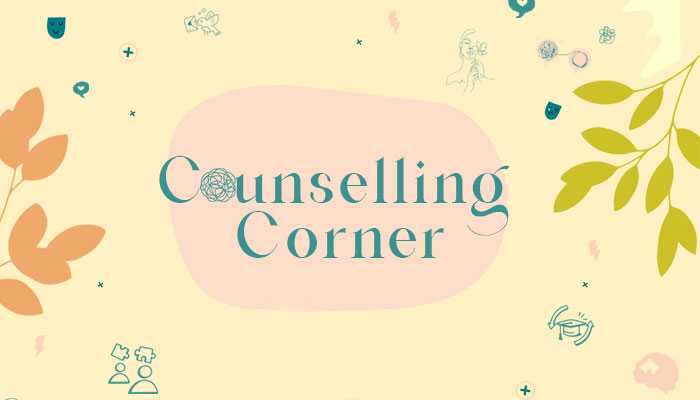"I feel lonely post-retirement. How do I get over this feeling?"
"I've always been a very active person and this feeling of loneliness worries me a lot sometimes"
January 31, 2024
Dear Haya,
I am in my early 60s and recently retired from my job as a teacher. For a good part of my life, I have spent working while taking care of my three children and husband. Life's passed by so quickly, as all my children are grown up and have gone their ways, two of whom now live abroad.
As long as I was working, life remained busy. But since my retirement, I have felt extremely lonely. My husband is also retired but steps out of the house during the day and meets his friends often. On the other hand, I mostly spend my day at home, get some light chores done around the house, watch TV and spend time watching dramas on YouTube. But sometimes, it just hits me how life for me has changed so much with my kids living their own lives.
I need your help to understand how to work around this change, as I don't want to get depressed. I've always been a very active person and this feeling of loneliness worries me a lot sometimes.
Please share any suggestions on how I can get over this feeling. Thank you!

Dear reader,
Post-retirement is a new life for you. A new chapter and a new transition. Understandably, transitioning to a new unknown chapter can bring about significant changes in one’s daily routine and emotional well-being.
For most of your life, you have identified as a teacher, a mother and a wife which, it seems to me, has carried a certain identity for you. It is natural that now when those roles are not occupying as much space, and you feel a sense of emptiness and loneliness.
From the perspective of a therapist, transition and changes can be new beginnings. Change can feel daunting and scary, but it depends on our perspective and the way we choose to view the change.
First and foremost, I hear you saying that this feeling of loneliness worries you and you want to get over this feeling. The way to get through feelings is to acknowledge and validate them, experience them, and sit with them. The feeling of loss and change from your old identity needs to be felt. What do they bring up for you? Acknowledging emotions is the first step towards addressing them.
Allow yourself to honour where you are at this moment in life, and use this to reflect and re-discover your purpose. Many times, we associate our self-worth with the roles we play in our lives. Take some time to reflect on who you are beyond those roles. Beyond the role of a teacher, a mother, a wife.
Realign your purpose to where you are now.
Use this time to explore some interests. Perhaps what are some of the things you didn’t get a chance to do earlier? Some hobbies or interests you didn’t have time for earlier. Even though you may not be a practising teacher, your skills, experience, and knowledge are still something that you carry with you.
Take this opportunity to connect with others. You could look into joining a club, becoming a part of a community where you may find like-minded people or people in similar stages of life as yourself. Connection is important for mental well-being, and forming new connections can help combat feelings of isolation.
In addition, communicate with your husband and express to him how you are feeling and what you may need from him during this transition. Perhaps you could pick up some activities together? I cannot emphasise this enough; communication is critical in understanding each other’s needs and finding a balance that works for both of you. We often assume that the other person knows our needs, but if we don’t express them how would they know?
Moreover, establish a routine. As someone who has been a working professional for most of her life, routines bring about a lot of safety structure and purpose. They aid us in feeling more control of ourselves and our lives. Include activities that bring you joy, such as exercise, reading etc. A well-planned routine can help fill your day with meaningful and fulfilling activities.
After trying all the above and if the feelings persist consider speaking to a therapist who would be able to guide and support you through this transition. A mental health professional can help you explore your emotions, develop coping strategies, and navigate the changes in your life.
Remember that it's normal to feel a sense of loss during significant life transitions, and seeking support is a proactive step toward maintaining emotional well-being. Embracing change and finding new sources of fulfillment can lead to a more satisfying and meaningful retirement phase.
Last, but not least, remember the only limits we have are within our own minds. There is a whole new world of endless possibilities out there if we are willing to explore them.
Haya

Haya Malik is a psychotherapist, Neuro-Linguistic Programming (NLP) practitioner, corporate well-being strategist and trainer with expertise in creating organisational cultures focused on well-being and raising awareness around mental health.
Send her your questions to [email protected]
Note: The advice and opinions above are those of the author and specific to the query. We strongly recommend our readers to consult relevant experts or professionals for personalised advice and solutions. The author and Geo.tv do not assume any responsibility for the consequences of actions taken based on the information provided herein. All published pieces are subject to editing to enhance grammar and clarity.













